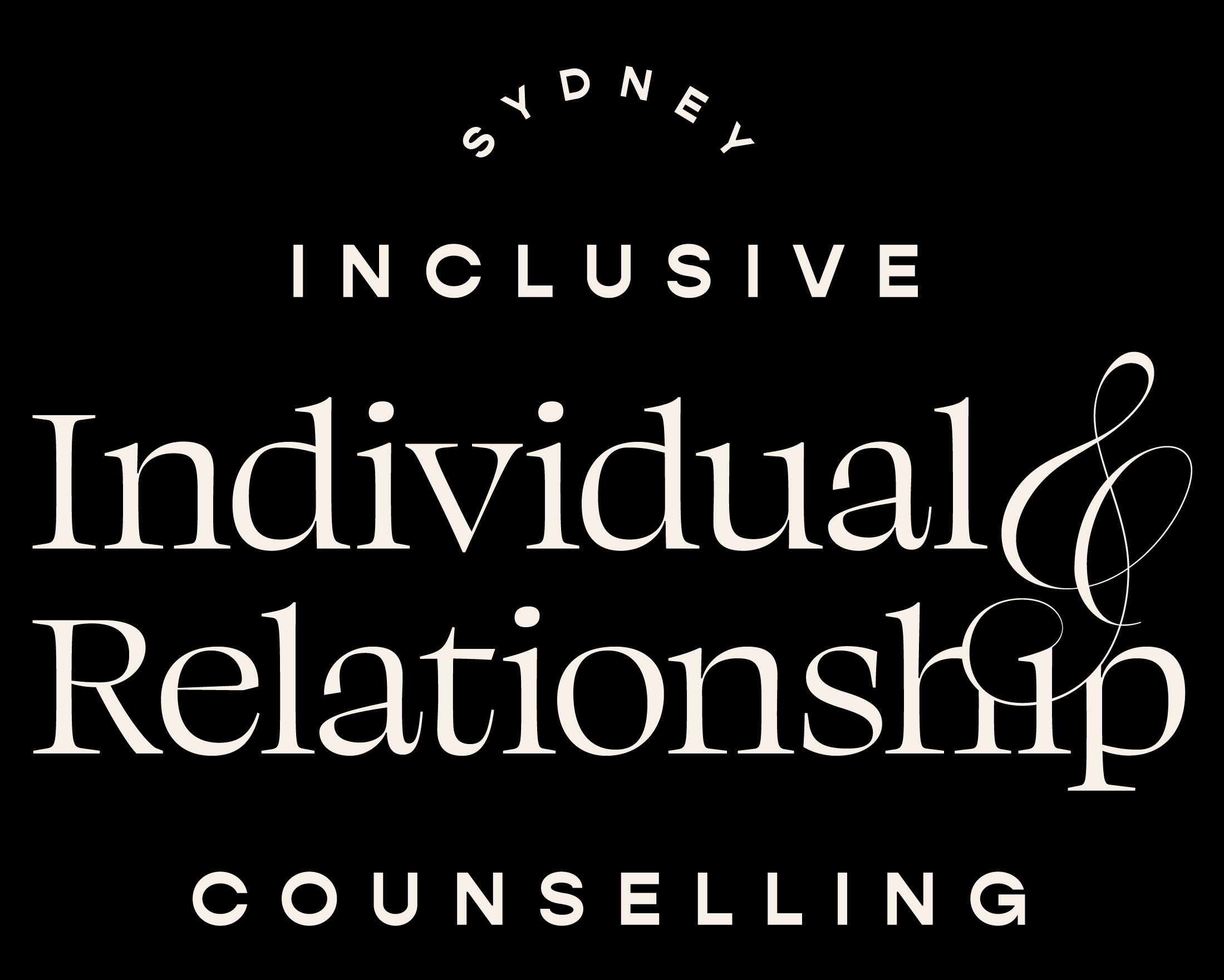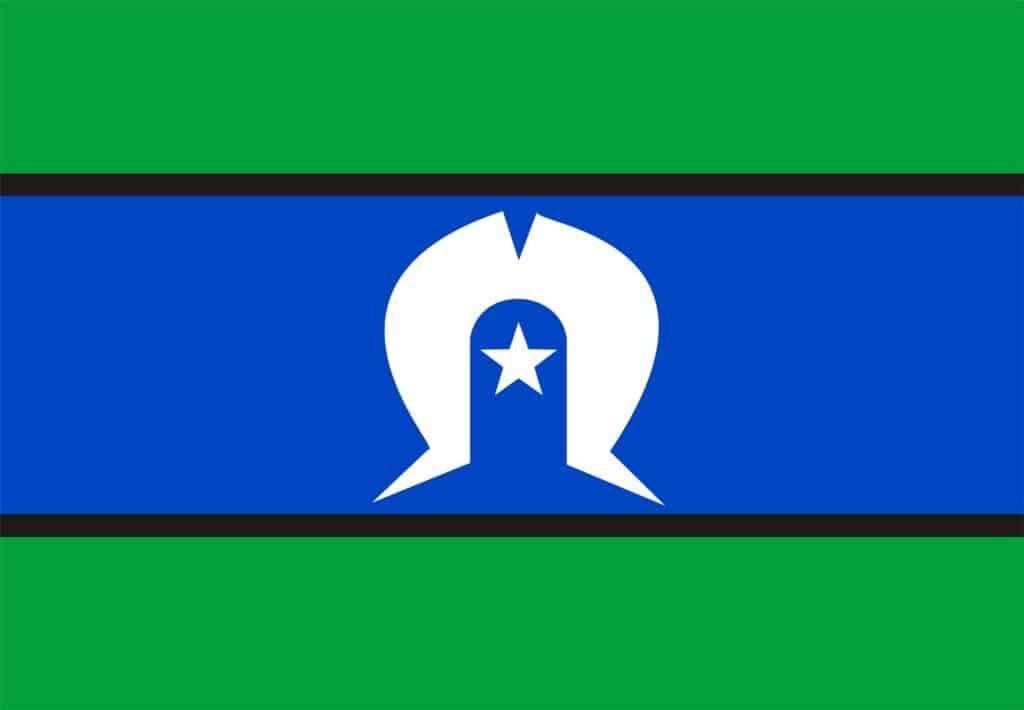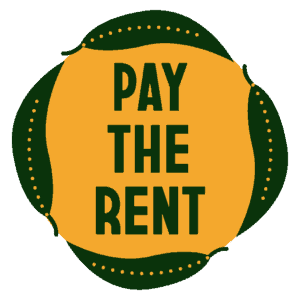Clinical Supervision / External Supervision (Online or in Sydney)
Clinical Supervision / External Supervision
What is it?
Clinical Supervision is a semi-structured/structured (depending on preference/needs) and safe, confidential environment for professional and personal development and reflection, resulting in improved quality of service provision/skills, worker resilience and professional/personal well-being.
Why do it?
- Develop strategies to experience less isolation, stress, burnout, absence from work or desire to leave the profession entirely.
- Process your experiences and feelings as a witness to others and be acknowledged and supported in the emotional load of caring.
- Understand and explore personal blocks and challenges that may hinder your practice.
- Develop greater personal awareness, self esteem and confidence in your work.
- Develop your clinical competence, challenge your existing thinking, grow your understanding and knowledge and generate new solutions to problems within your practice.
- Feel solidarity and seen and understood.
Who is it for?
- People who help and care for others in both paid and unpaid roles
- Students including from disciplines of counselling, social work, community services, social sciences, and psychology.
- Individuals including new grads or those navigating their early career, peer workers, activists, human service professionals, health workers, volunteers, carers and community leaders.
- Organisations, teams and groups across Government, corporate, not-for-profit and community sectors.
- Past clients include: Aboriginal Legal Service, Lou’s Place, Wayside Chapel, MYAN NSW, Greens NSW.
I truly love to work with students, new grads or early career peers – don’t be shy!
Michelle’s beliefs / approach / lens/:
I believe the personal is professional is political.
I bring an Anti-Oppressive, Trauma-Informed, Response-Based Practice lens as as supervisor. I think it is important to center Anti-Oppressive Practice and social justice as imperfect allies that lean in. I centre the service-user, ethical practice and justice (although these things may occasionally conflict).
I’m very anti-hustle culture/neoliberalism/capitalism and very much about being intentional in our work. My own goal is not to make as much money as possible or hoard power, but to practice as ethically aligned to my values as much as possible while making a sustainable wage.
Trauma-informed care is a social justice framework when done well as it needs to be more than a focus on the neurobiology of an individual, and expand to include awareness and disruption of the systemic contributors injustice and violence.
Trauma-Informed Supervision:
– Recognises power dynamics (e.g. reflects on positionality and privileges, tries to share power where possible, checks in, explicit consent, creating agreement on how to work together, invites regular feedback)
– Recognises lived experience
– Recognises and validates the experience of trauma
– Recognises and normalises the response to trauma
What supervision sessions are like with me:
As a supervisor I move between role of mentor, coach, educator, counsellor, and consultant depending on the needs and context of the individual situation. I look at things systemically, employ a narrative approach and am very relational.
I aim to create a feeling of psychological safety where we can both admit to not knowing something, being imperfect, trying and failing and trying again.
I will not shame you for being human and don’t believe I am an expert who knows everything.
I will openly share my professional and personal experiences and ask you to practice vulnerability and openness to learning and self-reflection, too.
Our supervision sessions will blend theory, values, personal experiences, solidarity, leaning into discomfort, discussions about power, criticism of oppressive systems including the AASW and government, and embracing imperfection and growth mindset.
What we can discuss
Our sessions will be guided by your current challenges and needs but we might cover any of the following and much more:
- Organisational issues, ethical dilemmas, team conflicts, interpersonal/coworker/employee/staff issues
- Ethical issues e.g. balancing bodily autonomy/dignity of risk with duty of care
- Moral injury, burnout, vicarious trauma (and the difference between all three)
- Sustainability and work-life balance
- Reflection on both direct and indirect work with people and programs
- Debriefing on crisis or high conflict/stress situations
- Use of self and impact of your own history/experiences on your work
- Boundaries, communication, assertiveness
- Being a manager/dealing with management
- Conflict management/conflict resolution, restorative/transformative justice processes
- Working in challenging and/or complex contexts e.g. working with people who have caused harm to others
- Being Neurodivergent in the workplace
- Dealing with imposter syndrome
- Counselling/casework case consultation
- How to center social justice/Anti-Oppressive Practice in a neoliberal capitalist society
If you are a professional therapist we might also discuss:
- Groups and groupwork planning/debriefing, relationship with co-facilitator (can have a group/triad sessions).
- Setting up private practice and related processes.
- Checking profile and brand copy to be as Anti-Oppressive Practice as possible.
- How to be both an ethical private/independent practice therapist and make a living wage.
- Case consultation on individual, relationship, and group counselling sessions.
- Upskilling in thinking more systemically e.g. relationship counselling including non-monogamy.
- Decolonising therapy frameworks/tools.
My own journey with clinical supervision:
Clinical supervision is essential to my ethical practice and the sustainability of my work.
What has helped me immensely was being supported to develop a theoretical framework for practice underpinned by values that align closely with my personal values and ethics. For me this has been found within the traditions of Narrative therapy, where understandings about client problems are located in socio-political-cultural contexts, not in the mind or body of the individual.
I also use my own supervision to get refine my ethics, explore career directions, validate my struggles and choices, vent about frustrating situations/broken system, refresh me from feeling burnt out, and challenge me lovingly to be social worker I am meant to be.
I have different clinical supervisors I navigate specializations in (e.g. relationship counselling, Anti-Oppressive Practice) and see each of them on a monthly to a 6 weeks basis. It can be a cost upfront but it is tax deductible (so save your receipts!) I see this an investment in myself and quality of service that I offer to the people I work with.
Where are sessions held?
Online
Zoom
In-person at your location
Travel expenses will apply
In-person at the Sydney clinic
Inside Souliberate Wellness Centre
Suite 3, 482 King Georges Road
Beverly Hills NSW 2209
Opposite Beverly Hills train station, the building entrance is on Morgan Street. Street parking available along Morgan Street and Tooronga Terrace. There’s a bus stop right outside too.
Public transport:
The train station is 1 minute walk away (next to the shop).
Bus stops is literally across the street.
Driving/parking:
There’s free timed and untimed parking on the streets.
When?
Tuesday: 11:00 AM – 7:30 PM
Sunday: 11:00 AM – 7:30 PM
Sometimes Monday/Thursdays on request.
How to book
Send me a message via the website contact form.
Cost
Clinical supervision can be self-funded and claimed back on tax and/or agency funded.
Individual clinical supervision
1 hour sessions: $150
Individual job mentoring and coaching
1 hour: $150 (non contact work is included in the timing)
Group supervision (2 to 4 participants)
Min. 1.5 hours: $250 to $350* per session
Group supervision (6+ participants)
Min. 2 hours: $350 to $400* per session
Tailored workshops, training, consulting, project work custom quote
*Group supervision costs are applied on a sliding scale with consideration given to funding, community, advocacy or activism work and not-for-profit status. This approach allows me to practice equity and social justice in my work. It is a creative, system-wide solution to subsidising greater access to people and groups who would otherwise not afford these services.
Check out my post about what’s the purpose of clinical supervision vs line supervision/EAP/personal counselling here




